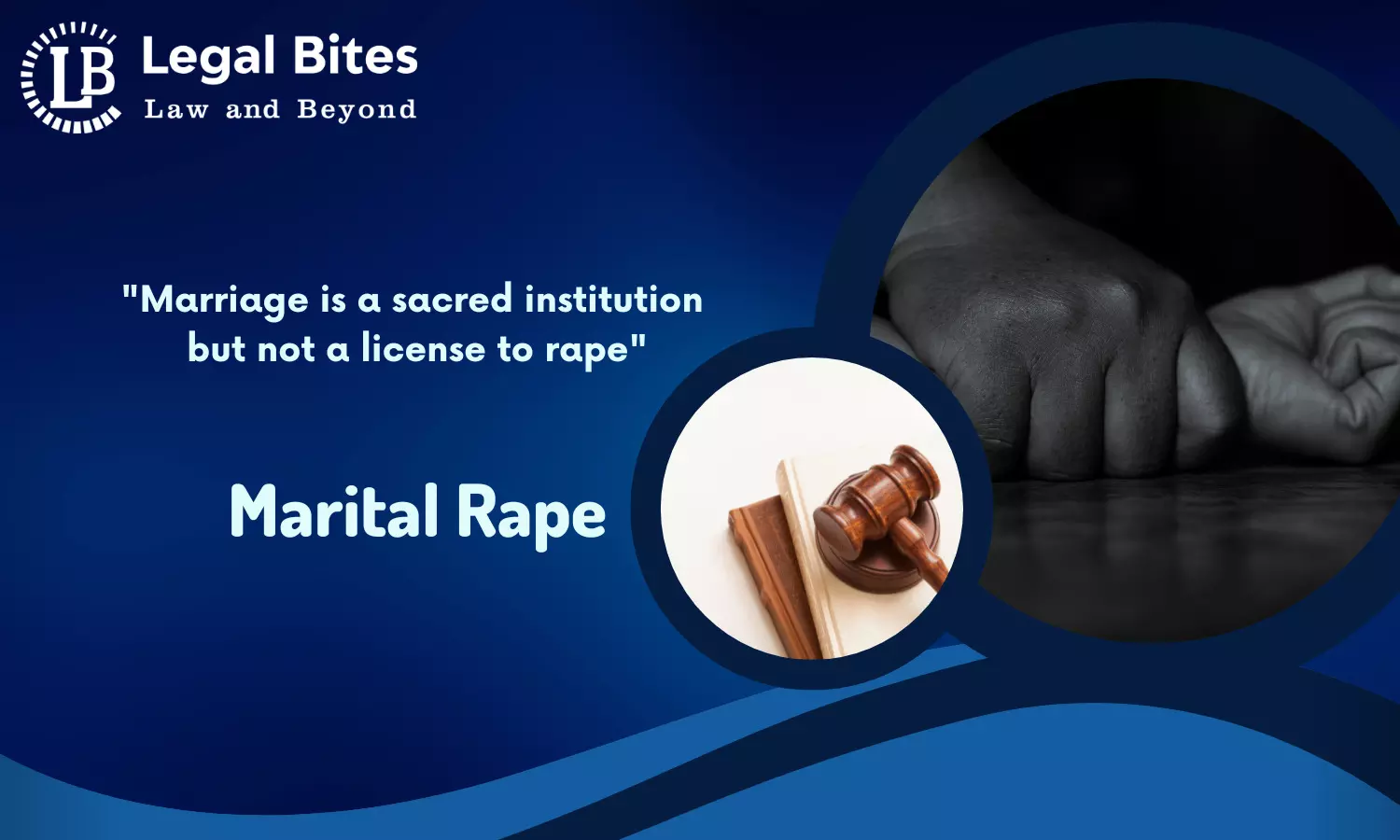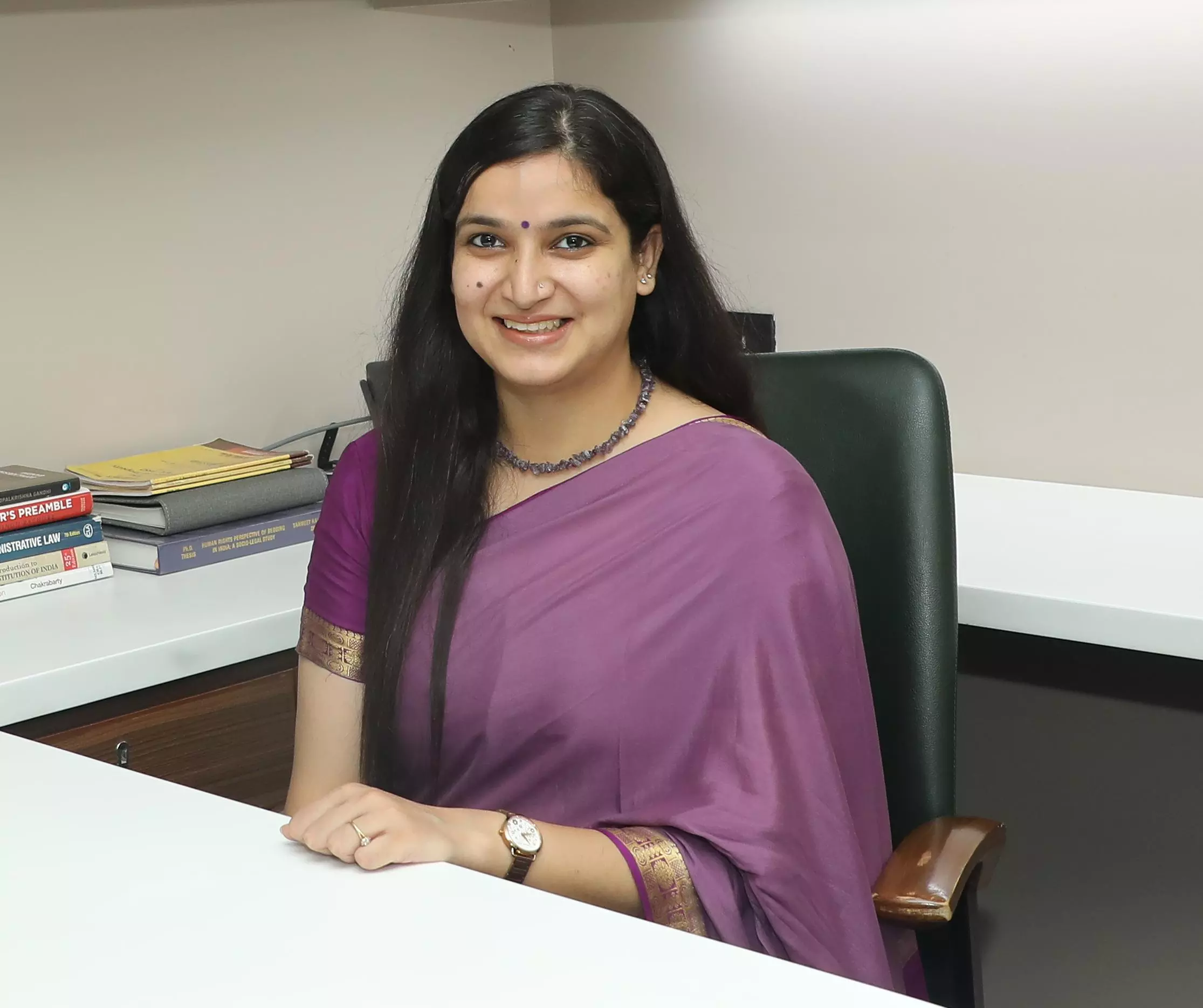Marital Rape
The article "Marital Rape" deals with the offence of rape which has been considered as non-objectionable to occur within marriage and ultimately a major cause in establishing equality for women in society as well as in marriage.

The article "Marital Rape" by Dr. Tanmeet Kaur Sahiwal, Chairperson, School of Law, NMIMS Bangalore, emphasises the offence of rape, which has been considered as non-objectionable to occur within marriage and ultimately a major cause in establishing equality for women in society as well as in marriage.
Marital Rape: Sexual Violence
Marital rape, also known as spousal rape, is a form of sexual violence where a husband forces himself upon his wife without her consent.
In India, where the institution of marriage is considered sacred, marital rape remains a sensitive and controversial issue. The concept of marital rape is not yet recognized as a crime in India, as the Indian Penal Code (IPC) still maintains an exception clause under Section 375, which states that sexual intercourse or sexual acts by a husband with the wife not being under 18 years of age, is not rape.
The reluctance to criminalize marital rape can also be attributed to the social stigma surrounding marriage. In India, the idea of marriage is centered around the concept of ‘unity’ of the man and wife. Once a man and woman enter into a marital bond, several duties and responsibilities are implied, like the duty of the wife to sexually satisfy the husband. Marriage becomes a consent-free zone and thus, the idea of marital rape becomes a myth. The first notional roadblock is the non-acceptance of the fact that rape can occur within marriage. Additionally, the idea of marriage often assumes sexual partnership and can make the notion of consent within a marriage seem irrelevant.
This presents a significant challenge for advocates and policymakers looking to criminalize marital rape, as the current law regarding rape heavily relies on the concept of consent. The belief that rape cannot occur within a marriage is a significant obstacle towards establishing equality for women in society and marriage, as it perpetuates the idea of marriage as a "consent-free zone."
The lack of awareness and understanding of the issue of marital rape is a major roadblock to its criminalization. Many people, even some of those in authority, do not consider it a crime since it takes place within the confines of marriage.
Many find it difficult to accept that a person in a sacred relationship with a woman could commit rape upon the wife.
Furthermore, the intimate nature of a marital relationship makes it challenging to prove the absence of consent or the presence of coercion. Even in cases where a husband coerces his wife into non-consensual sexual activity, the wife may be uncomfortable reporting the incident to the police due to the personal nature of the relationship. Overall, ensuring legislation of marital rape to be a crime is a humongous challenge for activists and policymakers alike.


